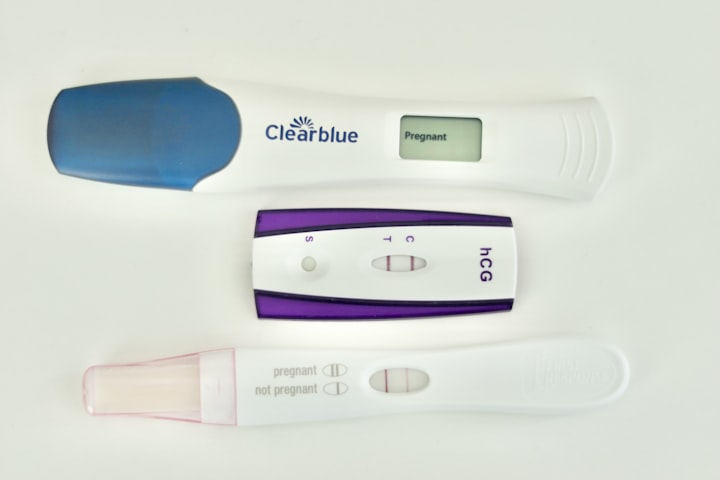GOOGLE CHROME ZERO-DAY VULNERABILITY
Exploitation of Zero-day

Google has recently taken prompt security measures by releasing a security update for its Chrome web browser, aiming to fix the third zero-day vulnerability of this year that hackers have exploited.
The third Chrome zero-day vulnerability that was fixed recently by Google has been tracked as “CVE-2023-3079.”
Exploitation of Zero-day
Detailed information regarding the exploit and its application in attacks has not been disclosed by the company, with the focus limited to highlighting the severity of the flaw and its classification.
In the event of discovering a new security flaw, Google always follows its traditional protocol of not disclosing any technical information or data related to the flaw.
This action aims to ensure users’ protection until a significant portion of them have successfully migrated to the secure version.
Not only that even this approach also restricts malicious actors from exploiting the disclosed information to create additional exploits.
Google’s researcher, Clément Lecigne, uncovered CVE-2023-3079 on June 1, 2023, marking it as a high-severity vulnerability.
This flaw resides in V8, Chrome’s JavaScript engine that is responsible for the interpretation and execution of code in the browser.
Type confusion bugs occur when the engine incorrectly identifies the object’s type at runtime, which can result in dangerous manipulation of memory and the execution of arbitrary code.
These bugs pose a serious threat as they can enable malicious activities and compromise system security by exploiting the engine’s misinterpretation of object types.
Chrome Stable Channel Update
Sophisticated state-sponsored threat actors frequently exploit zero-day vulnerabilities, specifically targeting influential individuals in several critical organizations.
So, to ensure the utmost security, it is highly advised that Chrome users promptly update their vulnerable version of Chrome.
Taking immediate action to update your browser will help safeguard against potential attacks and protect against potential risks.
Over the upcoming days/weeks, the 114.0.5735.106 update for Mac and Linux and the 114.0.5735.110 update for Windows will be gradually rolled out to the Stable and extended stable channels.
Update Chrome
Here below we have mentioned the simple steps to update your Chrome browser:-
Firstly You Have To Open The Chrome Browser On Your Computer.
Then You Have To Open The Browser Window’s Chrome Settings Menu In The Upper Right Corner (Three Vertically Aligned Dots).
Now You Have To Click On The Settings Menu To Open The Drop-Down Menu.
Then Select The “Help” Option.
Now, In The “Help” Submenu, Click On “About Google Chrome”.
That’s It, Now If An Update Is Available, Chrome Will Automatically Start Downloading And Installing It.
Once The Update Is Finished, Relaunch Google Chrome To Ensure The Latest Version Is Applied.
Affected Versions
Google Chrome versions before 117.0.5938.132 are affected by this vulnerability.
Mitigation
Customers are requested to upgrade to the latest stable channel version, 117.0.5938.132, for Windows, Mac, and Linux.
Microsoft has released the Microsoft Edge Stable (Version 117.0.2045.47) and Extended Stable Channel (Version 116.0.1938.98) to address CVE-2023-5217, which the Chromium team has reported as being exploited in the wild.
Qualys Detection
Qualys customers can scan their devices with QIDs 378549 and 378911 to detect vulnerable assets.
Please continue to follow Qualys Threat Protection for more coverage of the latest vulnerabilities.
Google has made an update related to CVE-2023-4863 by providing a new identifier for this vulnerability, CVE-2023-5129. However, specifically for Google Chrome, this vulnerability is tracked as CVE-2023-4863.
CVE-2023-5217 is a heap buffer overflow vulnerability in VP8 compression format in libvpx. Libvpx is a free software video codec library from Google and the Alliance for Open Media (AOMedia).
CVE-2023-5186 is a use after free vulnerability existing in Passwords.
CVE-2023-5187 is a use after free vulnerability in Extensions.
About the Creator
ITCTRLS Digisol LLP
ITCTRLS is a digital Marketing agency in Hyderabad, dealing in domain registration, hosting, web design, digital marketing, graphic design & branding






Comments
There are no comments for this story
Be the first to respond and start the conversation.